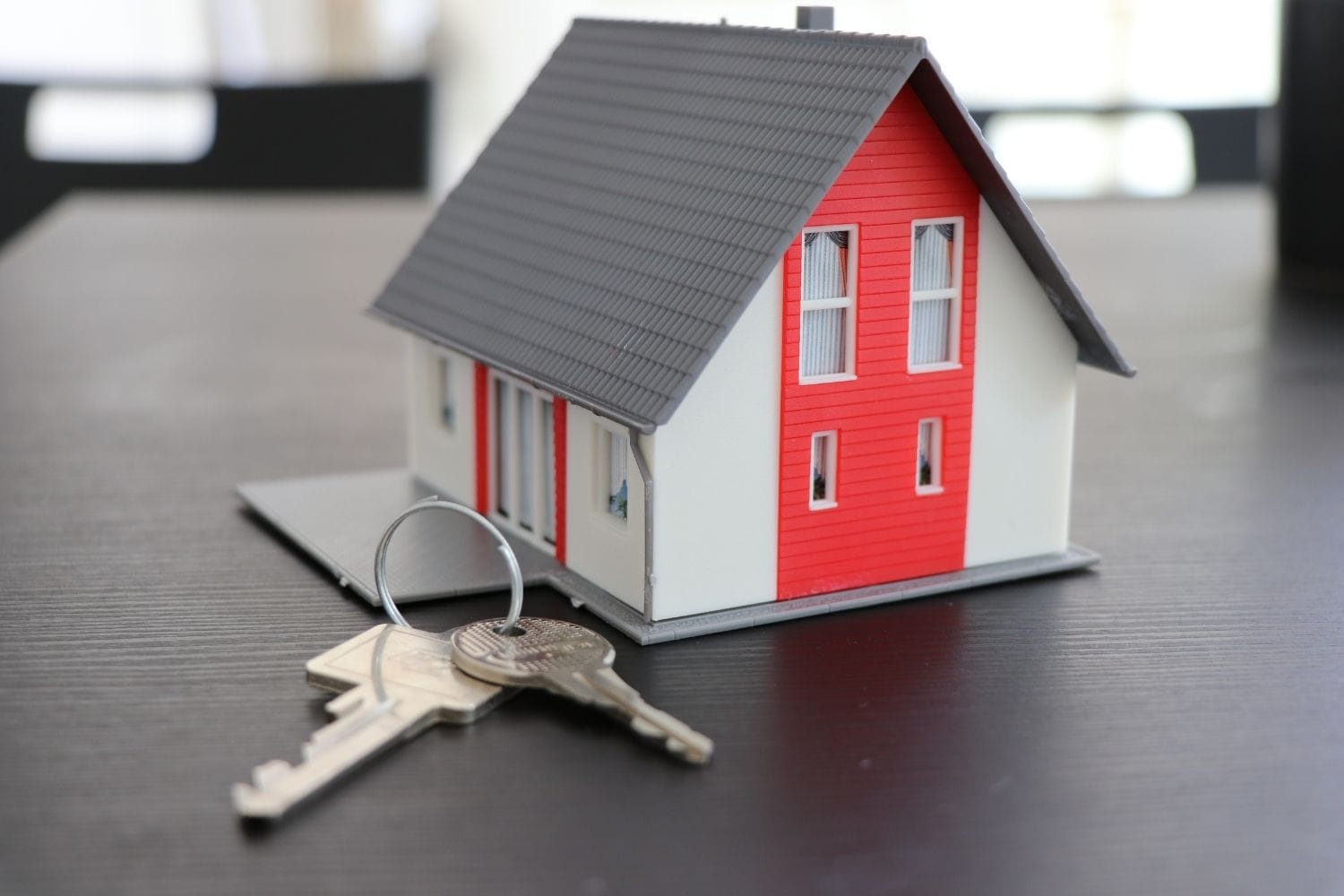AD | Collaborative post
Demand for properties has soared since the first COVID-19 induced lockdown ended in May 2020, pushing prices sky-high and edging out first-time buyers. It’s also become increasingly hard for property investors to bag a bargain they can make money from.
We have seen a significant rise in interest rates, stricter lending policies and an expectation for larger deposits from many mortgage providers. All of which makes borrowing much more difficult and expensive.
As a result, a growing number of potential buyers are seeking out alternative ways to get on the property ladder. Ex-council or local authority (LA) properties are generally a much more cost-effective option than buying a property that has always been privately owned. But is it the right choice for you?
The Pros of Buying an Ex-council Property
- Affordability
Former local authority properties are typically much more affordable than other types of residential properties. If you already live in an ex-council house, you could benefit from the government’s Right to Buy scheme, which gives some tenants a legal right to buy their home at a significant discount. This is an especially attractive offer for people living in expensive locations such as London. However, if you sell within five years, you may be required to pay back some of the discount.
- Location
Many council properties built in the 50s, 60s and 70s are located in areas that have since evolved into high-demand, “posh” areas where private homes attract eye-watering sale prices. By opting for an ex-council house, you could bag a place in a prime location at a fraction of the going market rate.
- Space
A lot of ex-LA properties are well built and attractive with period features. They are typically much more spacious than new-build homes as they were built to suit peoples’ lifestyles, not a developer’s need for profit. What’s more, due to their solid construction, you won’t have to endure listening to your neighbours’ every move as many residents of new-build homes do!
- Community
Council homes are often part of developments where people live for many years. Supportive, friendly and diverse communities emerge as families live next to one another generation after generation. If you want to get a real flavour for a city and live in a place where you can build relationships with the people around you, an ex-council property could be the ideal choice for you.
- Income Potential
Ex-council properties are a great investment because low-cost rental accommodation will always be in demand. Whether you’re a seasoned property investor or just starting out, this type of property could be a savvy buy that will generate a regular income.
The Cons of Buying an Ex-council Property
- Reluctant Lenders
Some mortgage providers are reluctant to approve loans for ex-council properties. This could mean that you face stricter borrowing criteria, and there is much less choice available. To avoid disappointment, find out what you can borrow as soon as possible. If you have a property to sell, get a house valuation online to get an idea of your borrowing capacity.
- Neighbouring Properties
Bear in mind the properties neighbouring your new home may still be council-owned. This could mean that the tenants change with relative frequency, and if living next to social housing is an issue for you, this might not be the best option.
- Extra Admin
There may be additional paperwork involved in buying the property, which can attract additional fees. Local authorities are somewhat renowned for the red tape they impose on processes! Apart from the hassle this causes, it could also delay your purchase.
- Stigma
There is an undeniable stigma attached to living in a council home. Not only could this impact your enjoyment of the property, but it will also probably mean that its market value will not rise as rapidly as privately-owned properties nearby.
- Service Charges
Most ex-council homes are part of a development. If this is still owned by the local authority, it will impose a service charge to cover the upkeep of communal areas. These fees can be steep, bumping up the cost of living significantly.
Whether you plan to live in one or buy-to-let, ex-council properties can make a fantastic investment. However, do your research before committing. Can you get the mortgage you need? Who will your neighbours be? Are there service charges, and if so, are these affordable for you? For some people, ex-local-authority properties provide an opportunity to live in a spacious, well-constructed home in a desirable location. For others, the stigma, red tape and ongoing costs are a deal-breaker. Weigh up the pros and cons to decide whether this is the right choice for you.

